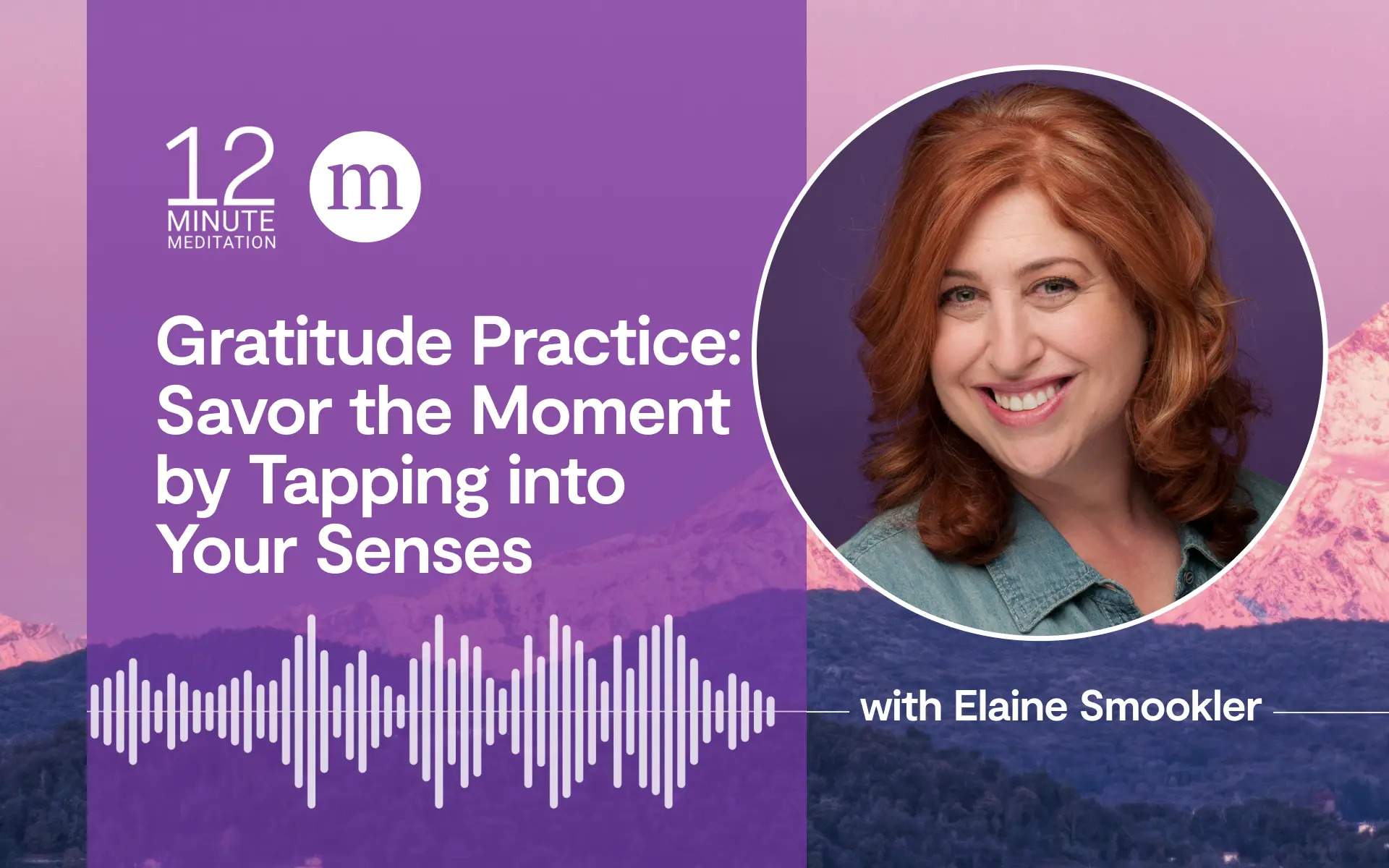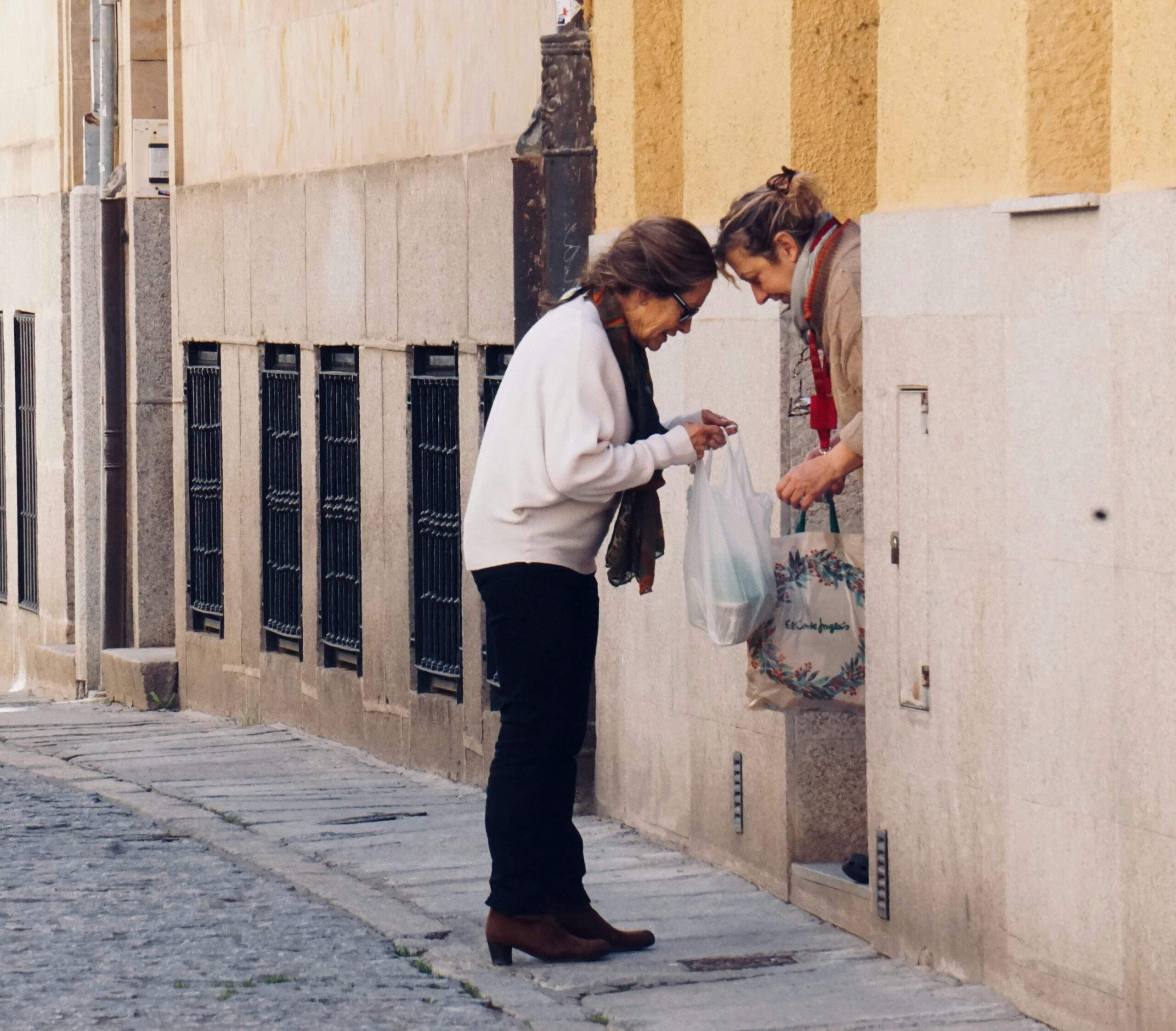The breaking day was shimmering with the buzz of nature going about its business. Breathing in, I felt awakened by the delicate bite of the early spring air. Breathing out, I felt my warm breath rise like a morning prayer. There was nothing special going on, only gently bubbling stillness and beauty all around. A moment of peace. I felt grateful to be present and noticing.
What does it mean to be grateful? Thankfully, it doesn’t mean convincing yourself of some bogus notion that everything’s fine and dandy. Living your life with gratitude means choosing to focus your time and attention on what you appreciate. The goal is not to block out difficulties, but to approach those difficulties from a different perspective. Appreciation softens us. It soothes our turbulent minds by connecting us with the wonderfully ordinary things, great and small, that we might otherwise take for granted.
Go ahead and take gratitude for a spin right now. Think of anything at all in your life that you can feel thankful for: that driver who yielded when you realized you were in the wrong lane, the fact that the sun rose this morning, any quality in yourself that you admire. When you’re thankful, how does your body respond? Is there a sense of lightness? Tingling? Warmth? In what way does expressing gratitude change your outlook? Might there be a connection between gratitude and happiness?
Gratitude can help us see that not everything is terrible—not all the time, anyway. Practicing gratitude can keep our hearts open to the tenderness in our daily experiences. There are so many things to be grateful for. Take trees, for example. Trees freely provide fruit and shelter and even offer themselves as climbing gyms for the young, the old, and what-the-heck-are-you-thinking-get-down-from-there Nana! The wild kingdoms of plants and animals are exuberant, colorful, and extravagant. We are surrounded by abundance and yet mindlessly whirl into automatic pilot, losing sight of life’s nourishing wonders.
The same is true of people. Have you ever picked up someone else’s socks, or stayed late at the office to help out, or held a door open for a stranger, or let someone else have the remote? When no one bothers to thank you, how does it feel? And who do you fail to thank? Remember: Offering our appreciation to one another is a powerful way to strengthen and even repair emotional bonds. Try it. It’s free.
Offering our appreciation to one another is a powerful way to strengthen and even repair emotional bonds.
As we cultivate greater appreciation for what is around us, we can include being thankful for what’s inside of us. We can delight in and feel grateful for our own unique talents and strengths. Perhaps you have a knack for making people laugh, or for being an astute listener. Or maybe you can thank yourself for just getting out of bed and making it through the day. We can be grateful that we have a heart, a mind, and the wisdom to know how to live with kindness and compassion.
Here are some simple gratitude tips that you can try starting right now:
- Say “thank you!” Who doesn’t want to be appreciated for their efforts? Saying thanks can be a gift, and one that feels pretty good, too!
- Remember what you appreciate most. When you’re feeling low, take a moment and write down some things that spark gratitude in you, like:
• The pleasure of the spring sun
• A stirring piece of music or art
• A delicious or nutritious meal
• A child’s laughter, a stranger’s sweet smile, a shared moment of joy - Pay attention to your emotions. Describe in as much detail as possible how your body feels when you express gratitude. Which emotions accompany these bubbly feelings? What kind of thoughts do you notice? When you begin to turn more frequently toward the things you appreciate, the world increasingly opens to reveal that there is always some small thing for which you can be grateful.
This article appeared in the April 2018 issue of Mindful magazine.
Read More
Gratitude Practice: Savor the Moment by Tapping into Your Senses
Cultivate gratitude for life’s small delights and savor the moment as you move through the senses. Read More
What Science Reveals About Gratitude’s Impact on the Brain
New research sheds light on the physiology of gratitude, bringing us closer to being able to understand and harness the health benefits of this powerful emotion. Read More










